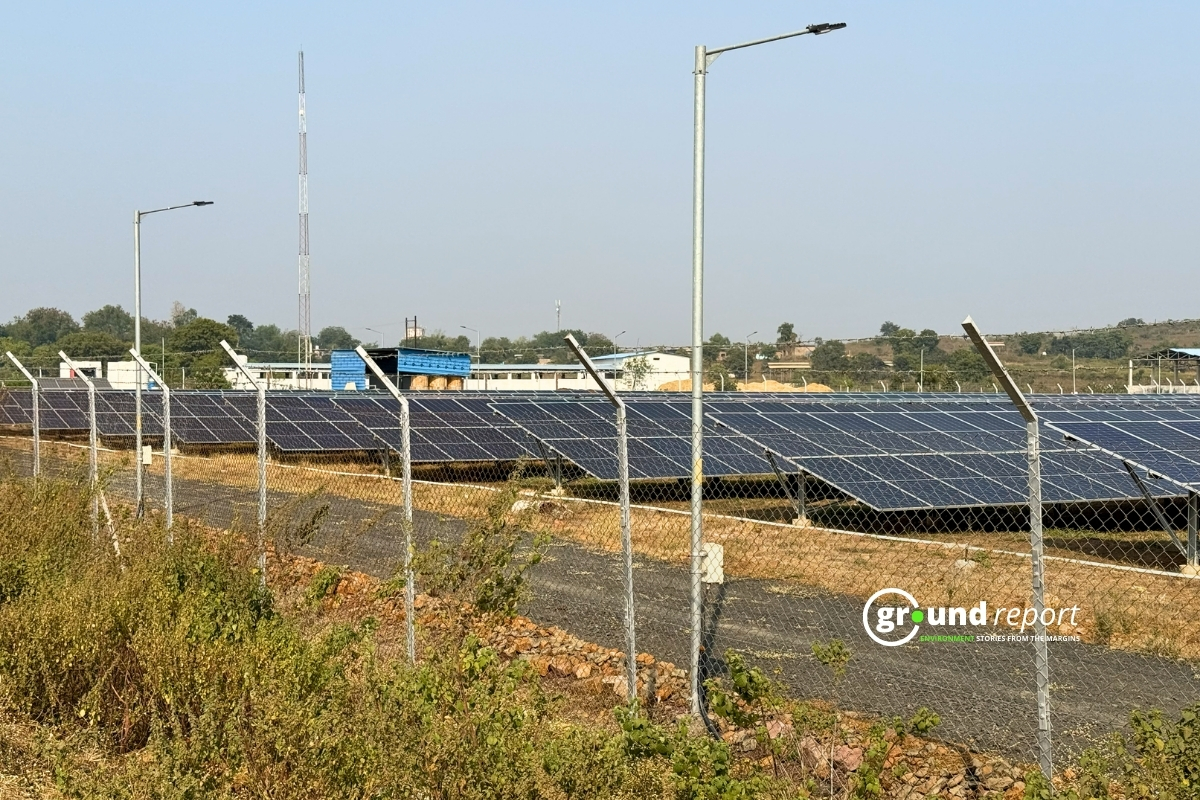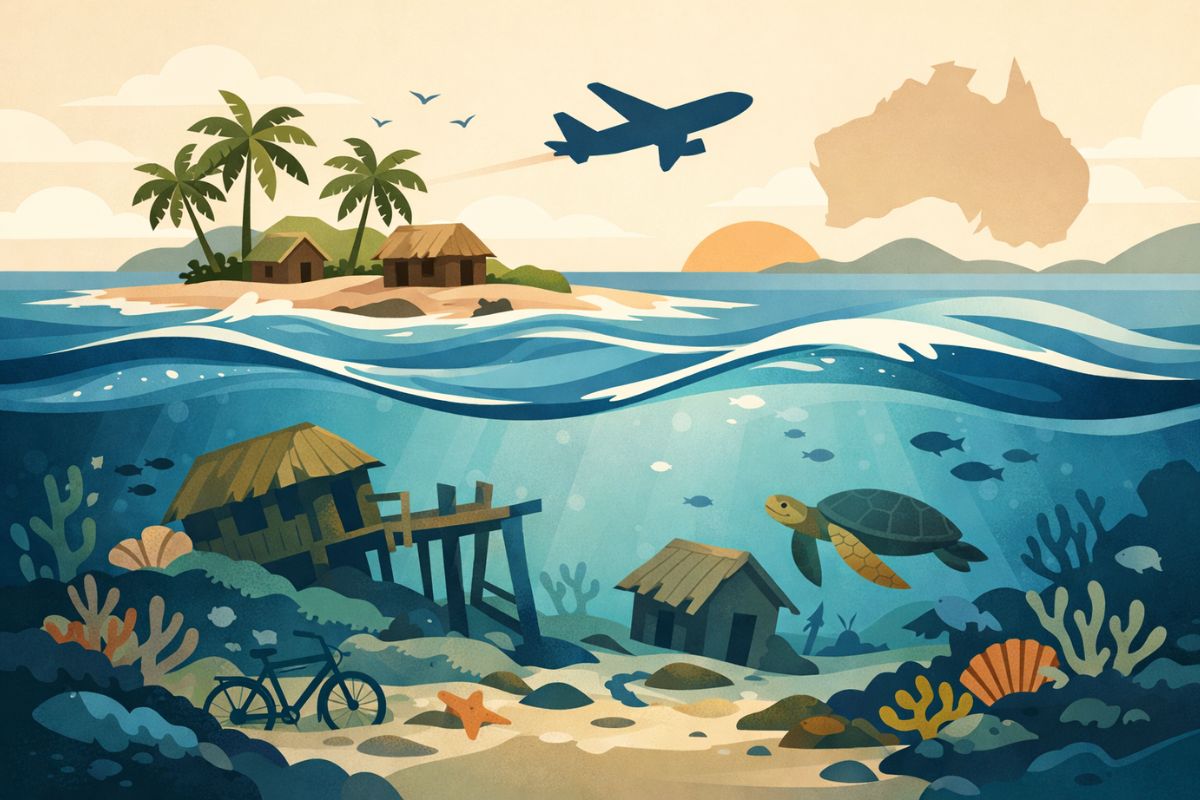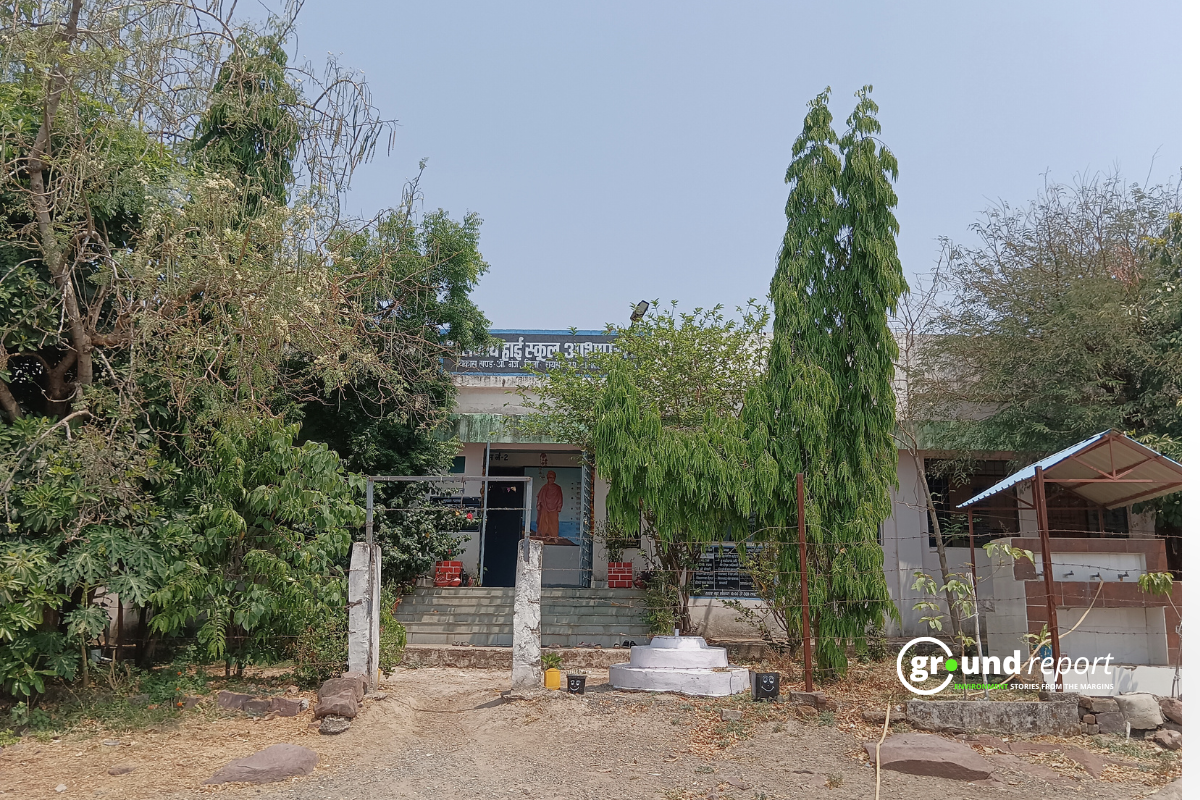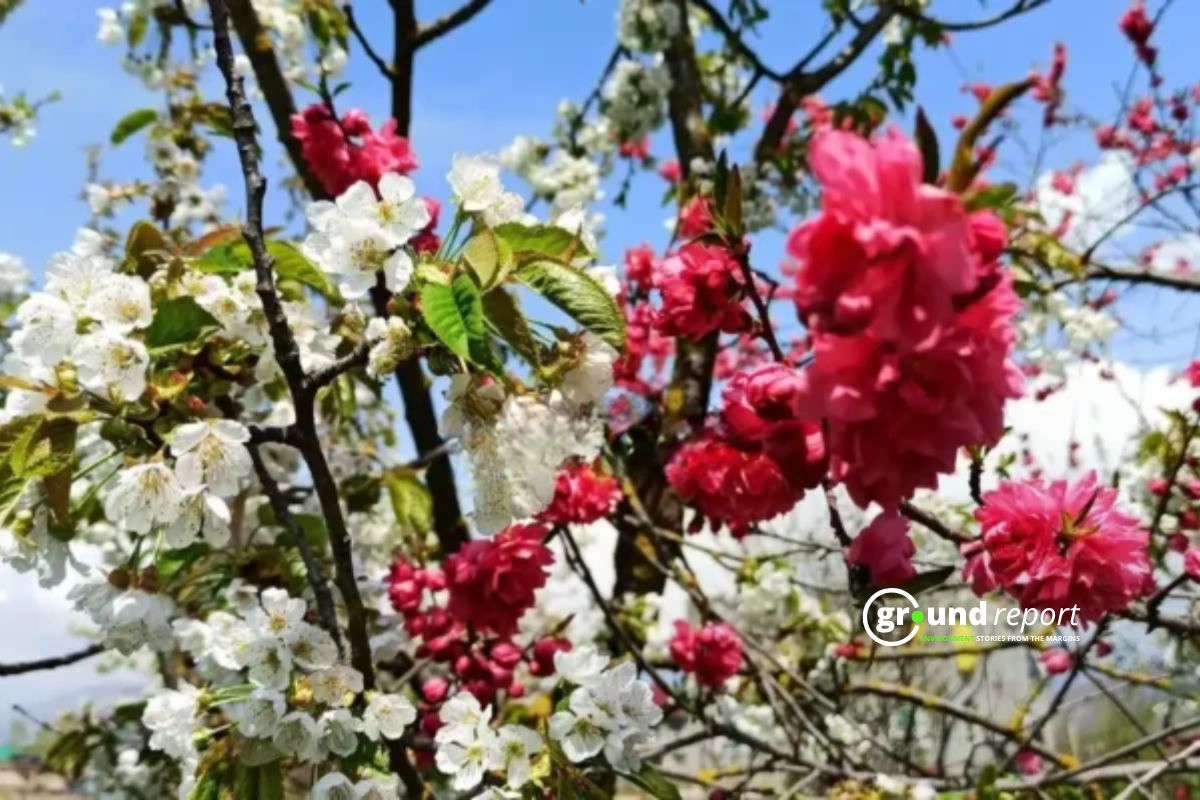Scientists believe that conditions found in water will appear in other parts of the world in the coming decades, as the impact of climate change increases. Chilean scientists studying organisms in one of the most remote places on Earth urge regional leaders to step up efforts to address climate change.
How scientists studied climate change
A recent expedition, which was delayed a year due to the coronavirus pandemic, sought to investigate harmful organisms and how they are impacting climate change.
The Magellan region in Chile, at the southern tip of South America, where the Atlantic and Pacific oceans meet, is known as the “end of the world” and stretches from Punta Arenas through the Strait of Magellan to the Canal de Beagle.
Navigating through narrow peaks fringed, past glaciers and birds, scientists aboard the Cabo de Hornos oceanographic research vessel had their focus on water, which has lower levels of acidity, salt, and calcium than other seas and oceans, especially in their waters. shallower parts.
Scientists believe that conditions found in water will appear in other parts of the world in the coming decades, as the impact of climate change increases.
“Regional plans for mitigation and adaptation to climate change are out of date with respect to what is happening in the environment,” José Luis Iriarte, who led the expedition, told AFP. “The environment is changing faster than we as a society are responding.
The expedition stopped at 14 locations, each time sampling water at different levels down to a depth of 200 meters using equipment called a rosette. Other equipment was used to collect soil samples, sometimes at a depth of more than 300 meters. The scientists also combed the coasts in search of algae and mollusks.
Last bastion of biodiversity
From the highest point of the ship, marine biologist Rodrigo Hucke, one of 19 scientists on the expedition, spent hours scanning the surface of the water.
Upon spotting a distant whale, he gave the signal and then jumped into a small boat to try to get as close as possible to the huge mammal in an attempt to collect its feces, with the aim of looking for changes in its diet. Hucke says there has been a historic lack of action by governments when it comes to the oceans, which cover 70 percent of the planet’s surface.
He hopes that the upcoming United Nations Climate Change Conference, COP27 in Egypt, will mark a true global transformation in the way the oceans are managed. “All of this must change in 2022 and there must be a concrete decision to move towards profound policies of change in the way we humans do things,” Hucke said. He worries that this region could one day become “one of the last bastions of biodiversity on Earth.”
After the nine-day mission, it was time to return to the laboratories to analyze the information collected. “I think we are the voice of what nature cannot say,” said Wilson Castillo, a biochemistry student who, at 24, was the youngest member of the expedition.
Support us to keep independent environmental journalism alive in India.
Keep Reading
The costliest water from Narmada is putting a financial burden on Indore
Indore’s Ramsar site Sirpur has an STP constructed almost on the lake
Indore Reviving Historic Lakes to Combat Water Crisis, Hurdles Remain
Indore’s residential society saves Rs 5 lakh a month, through rainwater harvesting
Follow Ground Report on X, Instagram and Facebook for environmental and underreported stories from the margins. Give us feedback on our email id greport2018@gmail.com.
Don’t forget to Subscribe to our weekly newsletter, Join our community on WhatsApp, and Follow our YouTube Channel for video stories.









